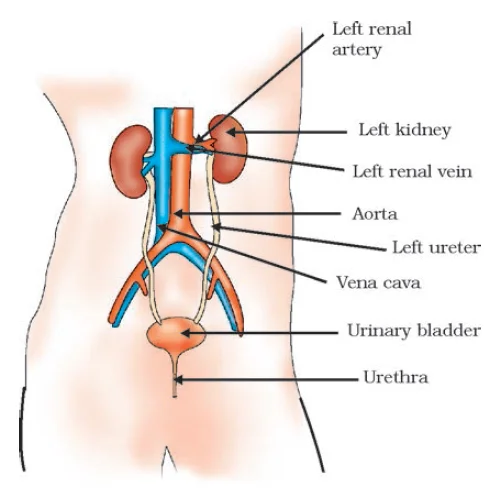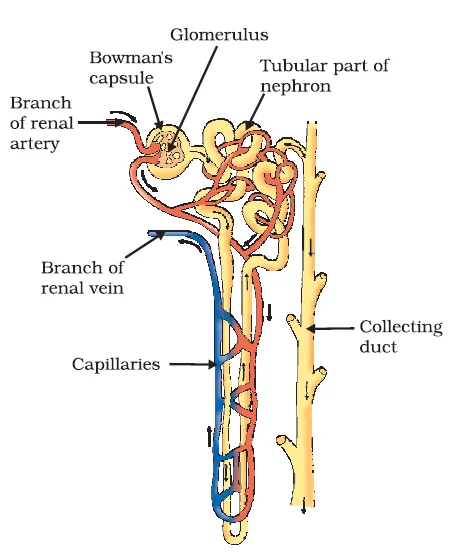![]() 19 Dec 2023
19 Dec 2023
Excretion is the process of removing waste products produced in the cells of living organisms. These wastes are toxic and need to be eliminated from the body. The organs and parts involved in excretion collectively form the excretory system.
The Kidneys: Filtration and Reabsorption


Ureters:
Urinary Bladder:
Urethra:
Additional Excretory Mechanism: Beyond urine, the body also dispels waste via sweat, a concoction of water and salts. White marks on clothing after sweating can be attributed to these salts.

Organ donation
Green Exhalations: Exploring Plant Excretion Strategies and Waste Management
Nature’s Excretion: Comparison of Animal and Plant
<div class="new-fform">
</div>